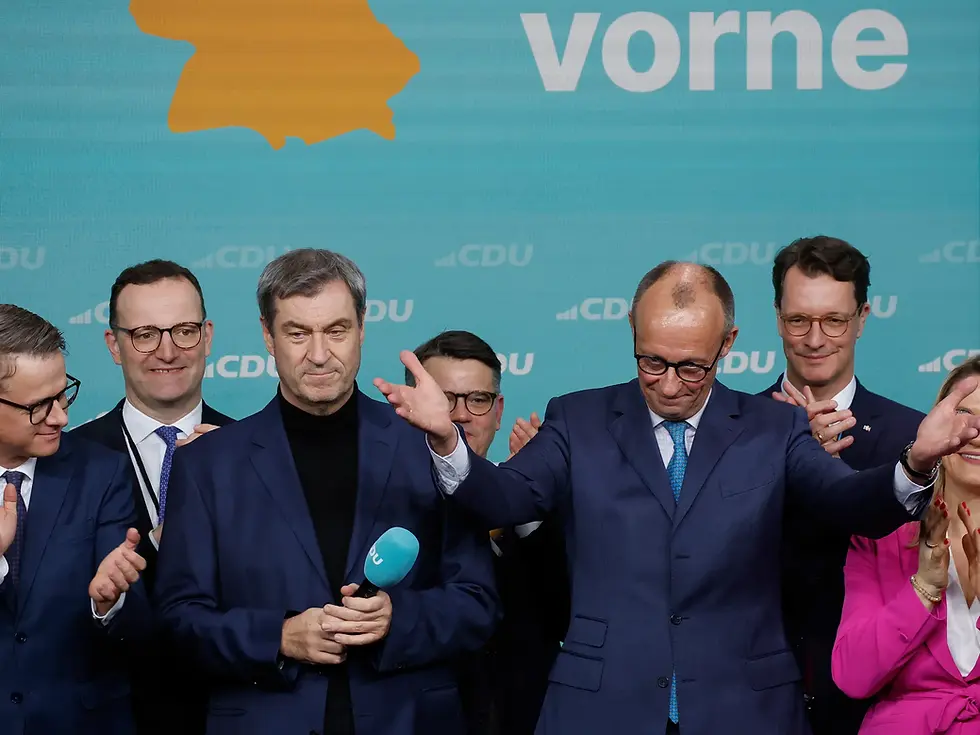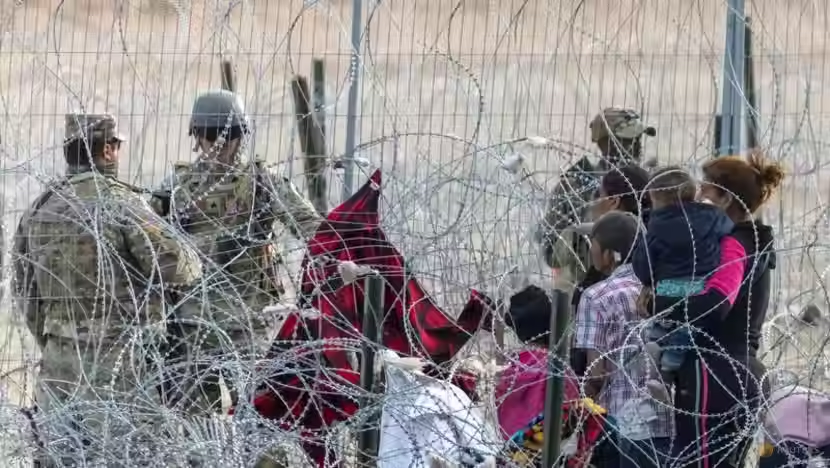The Sri Lankan Situation
- The Phoenix
- Jan 16
- 3 min read
Written by Aveev Pankaj
Sri Lanka - a small island country that now finds itself at the center of the global spotlight for all the wrong reasons. Located to the South of India, the former British colony and its 22 million people struggle with a collapsing economy, mass protests, and political chaos. The majority Buddhist state's mess forewarns what many corrupt developing nations can face.

In 2022, Sri Lanka faced its worst economic crisis since independence in 1948 when a currency crisis forced it to default on its sovereign debt for the first time.
Economic mismanagement by then president Gotabaya Rajapaksa and his family (who were appointed to many official positions due to nepotism) also led to shortages of essentials like food, fuel, and medicine. This compounded by Covid and public anger at the pervasive corruption led to massive protests across the country calling for the ousting of the Rajapaksa Clan. Then, the president resigned and fled the country appointing a caretaker administration to manage the economic crisis.
In 2024, a three-way contest began after the caretaker government’s term expired.
The Caretaker
Choosing to run as an independent in an attempt to unite the country, Ranil Wickremesinghe was the caretaker president who stepped in after Rajapaksa fled the country. He campaigns on his record of stabilizing the country after the crisis, yet is tainted by his association with the Rajapaksa clan and establishment connections (he served as Prime Minister 6 times). The interim administration implemented severe austerity measures like cutting spending, restructuring state-companies, and raising tax revenues to get a $2.9 billion bailout from the IMF. This combined with debt restructuring from large lenders such as India and China led to lower inflation, lower interest rates on borrowing, and a stronger currency. However, these measures were quite unpopular with the general public due to the increase in taxes and electricity bills.
The ‘Liberal’
From the SJB (Samagi Jana Balawegaya; United People’s Power), Sajith Premadasa has support from a range of minority groups such as the Muslims and Tamils. He campaigns on a centrist, economically liberal platform and has promised to devolve some of the government's powers to appease minorities. While his support for marginalized groups is refreshing in a country that has long struggled with its Tamil population in the north, Premadasa faces challenges in convincing the Sinalhese to give up some of their privilege and accomplishing his reform agenda with an already fragile economy.
The (former) Communist - a Marxist state?
The JVP (Janatha Vimukthi Peramuna; People’s Liberation Front) candidate (Anura Kumara Dissanayake) won the second-round election with 55.9% of the vote. He comes from a far left party that had previously advocated for (and even carried out) armed revolution but has recently sought to moderate his stance to appeal to a wider voter base. This mirrors what many extremist parties have been attempting (such as Le Pen’s rebranding of Rassemblement National and Meloni’s efforts to mainstream her far-right party) and so far seems successful. Sri Lankans made it clear they have had enough of corruption, nepotism, and incompetence. Change was the word on the mouth of protestors in the presidential palace in 2022 and change was the hope held in the hearts of those who voted Dissanayake in on Sunday.
Sri Lanka, (un)like many developing nations with corruption and economic instability, made its choice first when it ousted the Rajapaksas in 2022 and more recently when it chose the Marxist candidate. This election had 3 different visions of Sri Lanka’s future. Ranil Wickremesinghe, the experienced caretaker, campaigned on his record of stabilizing the economy, but his ties to the previous government and unpopular austerity measures hurt his chances.. Sajith Premadasa offered an economically liberal, inclusive platform, but his proposals faced skepticism and concerns about their feasibility. Anura Kumara Dissanayake’s victory as the JVP candidate marked an overwhelming rejection of the status quo, with voters choosing anti-corruption and change.



Comentarios